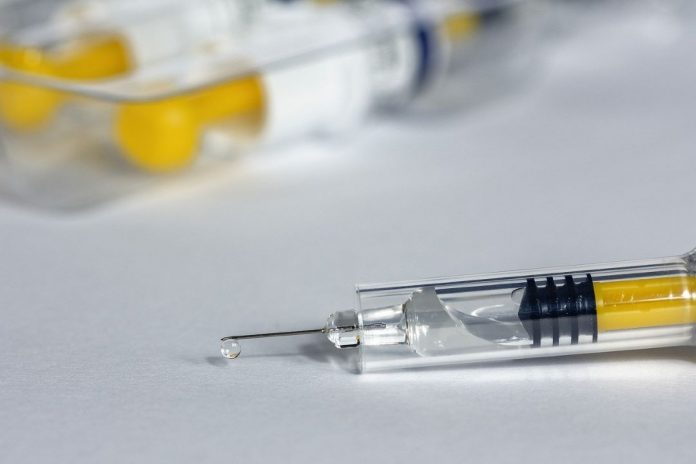So, who’s got the vaccine? Who’s done a good job, and who hasn’t?
Prime Minister Justin Trudeau has said we don’t have a vaccine, presently, because Canada doesn’t have “any domestic production capacity for vaccines.” That’s a quote.
That’s also false.
For years, Sanofi Pasteur has operated a big vaccine manufacturing facility based in Toronto called the Connaught Campus. And Glaxo-Smith Kline has long done plenty of vaccine production in both Quebec City and Laval, Quebec. All of these operations supply vaccines for global clinical trials, or commercial sales, in Canada and around the world.
Trudeau fibbed. So what, some might say. Politicians generally — and Trudeau specifically — tell whoppers when they’re in trouble. Does it matter?
It does, it does. Canada’s federal government dropped the ball on obtaining a coronavirus vaccine. Trudeau’s main excuse for that has been that we don’t make vaccines here, and countries that do will get them first.
He’s also played hide-and-seek on the vaccines file. Around the world, countries — even repressive regimes — have reported to their citizens about their efforts to acquire and deliver vaccines. In Canada, for much of the Fall, Trudeau’s government simply said little to nothing about its own efforts. It went dark.
So, how do we compare to the rest of the world, then? How do we stack up?
Here’s a quick summary.
UNITED STATES: The Americans are going to start vaccinating this month. Under Operation Warp Speed, the U.S. has acquired hundreds of millions of doses of vaccines from Pfizer, Astra-Zeneca, Johnson and Johnson, Moderna and others. First to receive the potentially life-saving shot will be 21 million healthcare workers, plus three million Americans in long-term care. The chief advisor to Operation Warp Speed, Dr. Moncef Slaoui, says 80% of the population of the U.S. will be vaccinated by May — some 265 million people.
GREAT BRITAIN: The Brits are also commencing vaccinations this month, at more than a thousand National Health Service locations, operating seven days a week. They’ve contracted with many of the same firms the U.S. has, and they received their first shipment from the Pfizer plant in Belgium just last week. Like the U.S., too, Britain is vaccinating frontline workers, folks in long-term care, and those most at risk. They expect to have delivered close to a million vaccine doses before Christmas.































